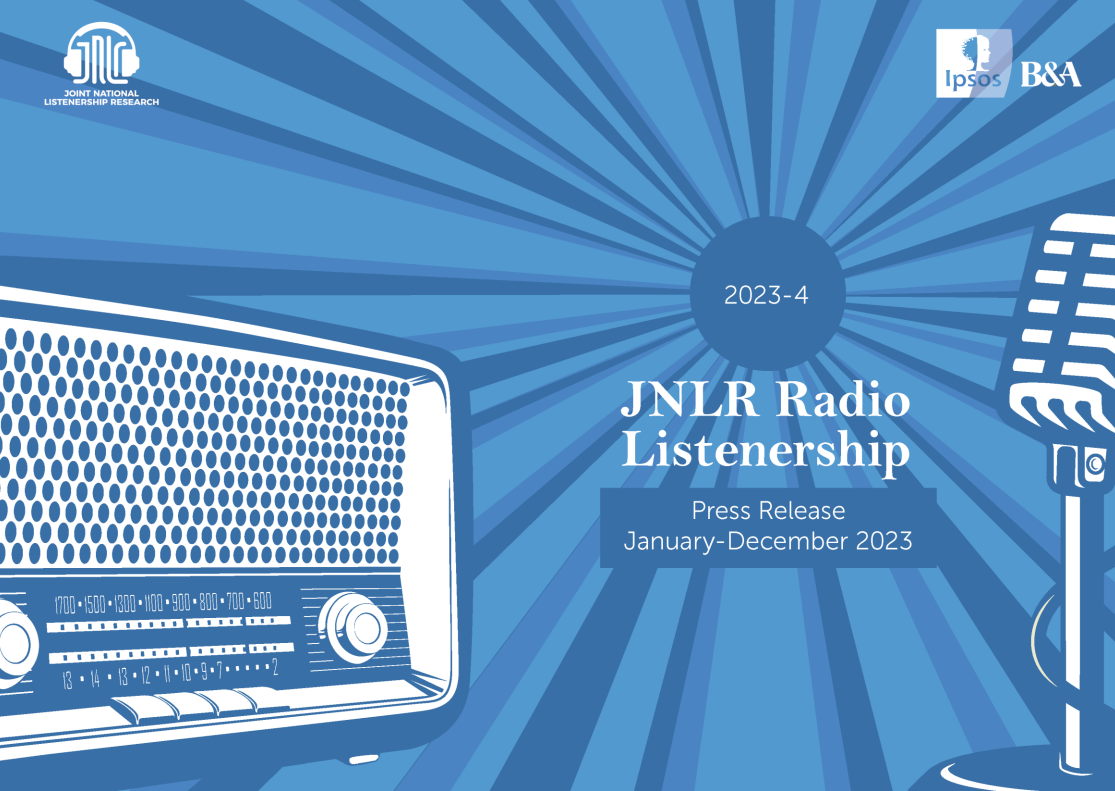Binding online safety rules will apply to Irish-based video-sharing platforms when finalised
Coimisiún na Meán has today (27.05.2024) published an updated draft Online Safety Code in response to its public consultation. The final Code will set binding rules applying to video-sharing platforms who have their EU headquarters in Ireland. The Code is being submitted to the European Commission today (27.05.2024) under the Technical Regulations Information System (TRIS) Directive process, which involves a standstill period of 3-4 months. Once this process is complete, Coimisiún na Meán will finalise and apply the Code to video-sharing platforms with their EU Headquarters in Ireland.
The final Code will be part of Coimisiún na Meán’s overall Online Safety Framework. This Framework makes digital services accountable for how they protect people, especially children, from harm online. The updated Code, combined with the other parts of the Online Safety Framework, will deliver on the objectives of the Online Safety and Media Regulation Act, leading to safer online experiences for people across Ireland.
The Code introduces obligations on video-sharing platforms to protect their users from harmful content, including:
- Prohibiting the uploading or sharing of harmful content on their services including cyberbullying, promoting self-harm or suicide and promoting eating or feeding disorders as well as incitement to hatred or violence, terrorism, child sex abuse material, racism and xenophobia.
- Using age assurance to prevent children from encountering pornography or gratuitous violence online and having age verification measures in place as appropriate.
- Providing parental controls for content which may impair the physical, mental, or moral development of children under 16.
The overall Online Safety Framework gives Coimisiún na Meán the tools to address the root causes of harm online, including the availability of illegal content, the harmful impacts of recommender systems, and inadequate protections for children on social media services.
The Online Safety Commissioner, Niamh Hodnett, said: “It is essential to create a safer online world for all of us, especially for our children. This updated Code is an important step forward to hold platforms to account for keeping people safe online. It takes account of responses to our public consultation and our consultation with our Youth Advisory Committee. We are now notifying the Code to the European Commission and once that process is complete we will apply it later this year.”
Executive Chairperson of Coimisiún na Meán, Jeremy Godfrey said: “Alongside our powers under the EU Digital Services Act and Terrorist Content Online Regulation, the Online Safety Code will give us a strong suite of tools to improve people’s lives online. We will ensure that we use our full range of powers to improve people’s online experiences.”
Additional supporting documents
- More information on the draft Online Safety Code can be found here.
- Response to Consultation
- Report on consultation with Youth Advisory Committee
- Summary of Submission: Wagner-Hatfield Report
- Schedule of Submissions
- Submissions received









